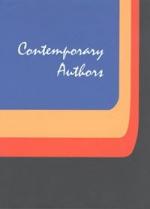|
This section contains 919 words (approx. 4 pages at 300 words per page) |

|
SOURCE: A review of Jalamanta, in World Literature Today, Vol. 70, No. 4, Autumn, 1996, pp. 957–58.
In the following review, Nericcio offers an unfavorable assessment of Jalamanta.
In January of 1996 a writer for Publishers Weekly, that chronicler of esthetically noteworthy textual effluvia, fell to reviewing Rudolfo Anaya's Jalamanta. The less-than-exhilarated reviewer found it “a sharp departure from the yeasty realism that won [Anaya] a large readership,” ultimately labeling it a “preachy New Age parable” with “lofty sentiments” which become “somewhat platitudinous with repetition.” I wish I could be as gentle.
Far and away, this is Anaya's most misbegotten literary experiment. Warner Books’ publicity hacks remind us on the book's dust jacket how Jalamanta comes from a scribe Tony Hillerman dubbed the “godfather and guru of Chicano literature”; they only succeed at increasing the disappointment. No Bless Me, Ultima, Jalamanta offers its readers a visit to a dystopic, mystical, allegorical terrain trod...
|
This section contains 919 words (approx. 4 pages at 300 words per page) |

|


